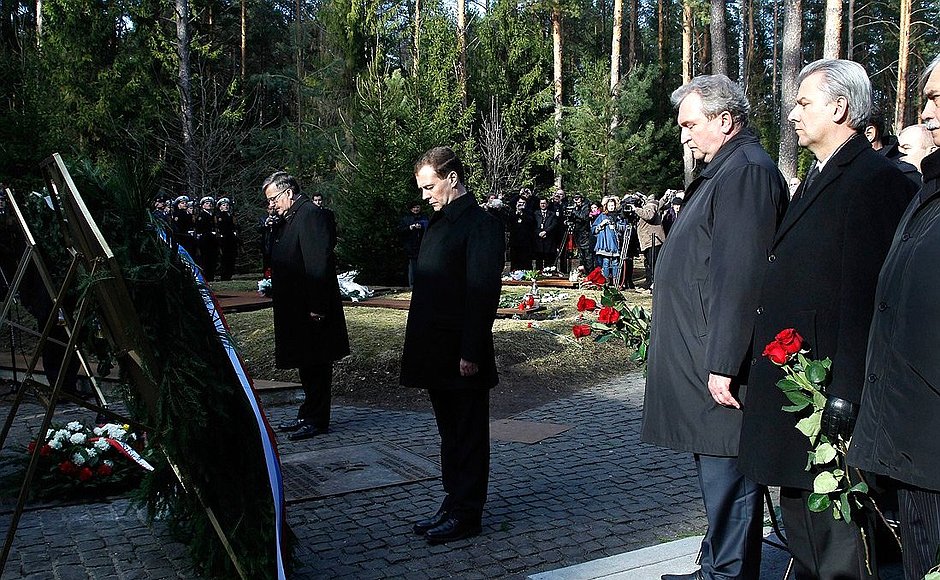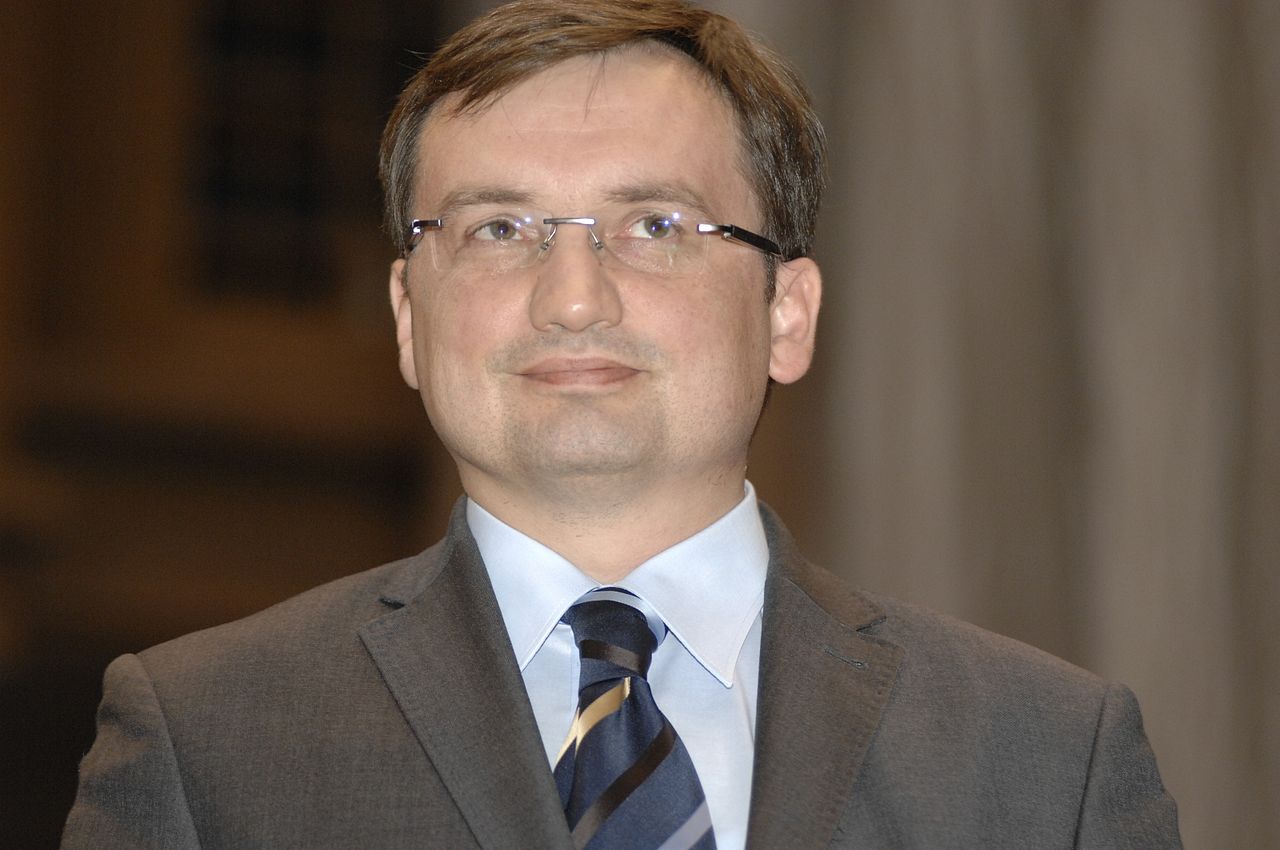Poland – Meeting on 16 December to discuss, among other things, soaring energy prices, the EU-27 were unable to agree on two issues that are crucial to Europe’s future: the CO2 emissions trading system (ETS) and the energy “taxonomy”, that is, the list of energies that will be considered clean under the “green deal” and its latest avatar, the “Fitfor55” plan promoted by the First Executive Vice President of the European Commission for the European Green Deal, Dutch Labour politician Frans Timmermans.
After opposing Poland and Hungary on rule of law issues when he was First Vice President of the Juncker Commission in charge of Better Regulation, Inter-Institutional Relations, the Rule of Law and the Charter of Fundamental Rights, Timmermans now has the opportunity to continue his crusade against the conservative governments of Central Europe, for whom he has never hidden his hostility, through climate policy.
Polish Prime Minister Mateusz Morawiecki and his Czech counterpart Andrej Babiš, who was attending his last EU summit, are those being blamed for the summit’s fiasco on energy policies. They demanded that speculators be excluded from the ETS, so that the emission allowances market would be reserved for companies falling within the CO2 emission allowance scheme. Some other countries support this demand, but they have not gone so far as to block the adoption of conclusions by the European Council (the meeting of heads of state and government) that would have allowed the Council of the EU (the meeting of relevant ministers) to take legislative action in conjunction with the European Parliament. These countries are Hungary, Slovakia, to a lesser extent Bulgaria, and also Spain.
However, Spanish Prime Minister Pedro Sánchez was prepared to accept conclusions without commitment to reform the CO2 emissions market. In addition to the question of emission allowances, which is less of an issue in Spain than in Poland and the Czech Republic, where there are still many coal-fired power plants (accounting for nearly three-quarters of electricity production in Poland and nearly half in Czechia), Madrid would be interested in joint gas purchases with a storage system managed on a European scale for fear of gas shortages, whereas, unlike countries like Spain or Germany, the V4 countries had well-filled stocks at the beginning of the cold season. Besides, Spain has developed renewable energies to a great extent, but this has not prevented it from experiencing record increases in the price of electricity this year, due to the instability of these energy sources and to gas prices. Thus, while Madrid also demands a reform of the emissions trading system, Spain’s situation may explain the bitterness of the Socialist Sánchez after the summit:
“We regret that an agreement has not been reached in the Council”, said the Spanish Prime Minister, “but we are paving the way. This does not mean that these issues will not continue to be discussed, as it was agreed that measures relating to gas prices and the wholesale market will continue to be discussed at future Council meetings. We were very close to reaching an agreement, to encouraging the Commission to be more incisive and more detailed in the reports that it is to publish in April next year on the electricity market and the price reactions in the short term, but unfortunately some countries did not accept this minimal agreement, which we felt was sufficient because it allowed us to move forward. ”
Faced with the refusal of Poland and the Czech Republic to keep on doing nothing about the exponential rise in the price of emission allowances, the President of the European Council Charles Michel decided to end the summit after 14 hours of meetings. Since the beginning of the year, the price per tonne of CO2 equivalent emitted has risen from €31 to €90. Such volatility makes it impossible for companies to make economic calculations, and has an impact on the prices paid by companies and households, leading to inflation and impoverishment. In Poland, the risk of impoverishment due to CO2 emission allowances is further exacerbated by the fact that 5.8 million households (40%), or 15 million people, have their homes heated by means of heating networks fed by coal-fired cogeneration plants, and these households have to bear the direct impact of the rise in the price of emission allowances. Poland’s largest power producer, PGE, which operates some 40 mostly coal-fired power plants, had to pay 6 billion zlotys (approx. 1.3 billion euros) in 2020 for its CO2 emissions allowances. That was twice as much as in 2019, and it was still based on a much lower price per tonne of CO2 equivalent emissions than this year. The other big power producer, Enea, spent 1.1 billion zlotys on emission allowances in 2020, 45% more than in 2019.
The absurdity of this system is that in just a few years Polish electricity producers will have to pay an amount equivalent to the projected cost of Poland’s nuclear power programme, estimated at 80 billion zlotys over 20 years.
“Emission allowances should never have been on the market, it’s a tax, it’s impossible for a tax to be on the market, it’s total nonsense”, Czech PM Babiš told reporters at the summit, complaining that “the Commission itself is influencing the market by withdrawing allowances.” Under the “green deal”, and perhaps soon under the even more ambitious “Fitfor55” plan, emission allowances are being progressively reduced in numbers, while their market value goes up. The idea was that companies falling within the CO2 emission allowance system and emitting less could resell their unused allowances to others in need of additional ones, thus creating an incentive to cut carbon emissions. However, with the emission allowance market being open to all, some hedge funds and other speculators are now contributing to increased price volatility, although the extent of the problem is disputed by a recent EU report.
Unlike his Spanish counterpart, Polish Prime Minister Mateusz Morawiecki felt that “we could not afford, at such a historic moment, to adopt conclusions that would be practically empty”, because “today we are facing an unprecedented price crisis in the energy markets, in the gas market, in the electricity market. (…) This price crisis, with very high energy prices, is having an impact on inflation, on ordinary citizens, on people, on Poles, Croats, Slovenes, all EU citizens. ”
“Energy was the most important issue and I regret that my last Council ended like this”, Czech PM Andrej Babiš said, but he was himself not prepared to accept conclusions that would have maintained the status quo.
In a video released on the eve of the 16 December meeting, Hungarian Prime Minister Viktor Orbán made the issue one of defending families. “We, along with the Poles, Czechs and Slovaks, will initiate changes in energy pricing rules and make energy cheaper for families”, he said. “We also want to prevent Brussels’ plan to levy a tax on home and car owners”, and “Czechs, Poles, Slovaks, Hungarians and maybe Bulgarians will fight together to protect the interests of families”, Orbán went on to say.
The Hungarian prime minister was referring to Brussels’ plans to extend the system of CO2 emission allowances, which has so far been reserved for industry, energy and air transport within the EU, to the transport and residential sectors. Just before Thursday’s meeting of heads of states and governments, the Polish prime minister also stated that he would himself “protest very strongly against the inclusion of district heating, hot water and transport, i.e. fuels, in this system [of emission allowances].” Czechia’s new environment minister in Petr Fiala’s government, Anna Hubáčková, is of the same opinion: “The proposal to include road transport and heating of buildings in the system of emission allowances is very difficult for us to accept in its current form, given the likely negative social impacts that could significantly increase the risk of energy poverty in our country”, she said before meeting her EU counterparts for the first time.
The other area of disagreement at the summit was the “taxonomy” prepared by the European Commission, that is to say, the list of energies that will be considered clean under the EU’s climate package. The V4 countries as well as most of the other countries of the former Eastern Bloc (Estonia, Croatia, Slovenia, Romania, Bulgaria), and also Finland, demand, like France, that nuclear energy be included in this taxonomy. Austria is strongly opposed to this, as is Luxembourg and, to a lesser extent, Germany. The latter having decided to phase out all its nuclear power plants, it would like gas to be included in the European taxonomy as a transitional energy, to replace coal. For the same reasons, and because, unlike the Czech Republic or Hungary, it does not yet have nuclear power plants, Poland too is demanding that gas be included in the taxonomy.
Polish intransigence at this summit may also be linked to the refusal of the European Commission, supported by some member states (including the Netherlands and France), to release the Next Generation EU recovery plan funds planned for Poland and Hungary, in the context of the dispute over the “rule of law” and “European values”. In Poland, some are already suggesting, including within the government, that the EU climate package should be blocked as a retaliatory measure, and also because it will be particularly costly for Poles. Some suggest that Poland should simply withdraw from the EU emissions trading scheme, but Prime Minister Morawiecki is sticking to proposing a cap on the price of CO2 emission allowances for the time being.
“We need to adapt the EU’s climate policy to the possibilities of all countries, not only to the expectations of the richest”, the Polish prime minister said in October. “That is why I will propose to the European Council two solutions that can effectively curb the rise in electricity prices. First of all, the EU should introduce maximum rates for CO2 allowances, at least for a while, as these are what drives inflation in the energy markets.” In fact, the former bank executive noted, “CO2 emission allowances have become a tradable commodity on the stock market in the same way as gold, oil or company shares. (…) In 2017–2018, we were paying between €5 and €15 maximum per tonne. Since then, the price has risen to more than €60 [and now stands at over €90 per tonne two months later, ed.] and in just one year prices have increased by 100% [now 200%]. It is pure speculation, generating money for a handful of investors and causing millions of families and thousands of businesses to lose money. ”
“Secondly”, Morawiecki argued at the time, “the EU must abandon the new emissions trading scheme for buildings and transport, because when this scheme is introduced, energy prices will soar again, and the majority of EU citizens will be hit in the wallets.”




